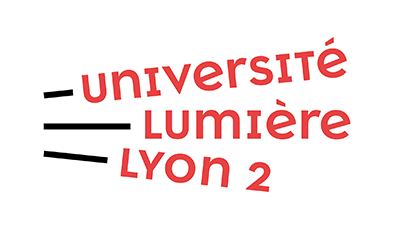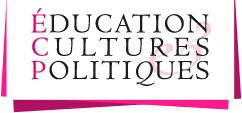The ECP laboratory has a research group whose work focuses on the policies and practices of higher education. The results of the work carried out over the past few years show the interest in extending and expanding these research orientations. In addition to the usual project of producing new knowledge, this work has a resolutely practical aim, in a context of profound transformations in higher education. The research conducted within the axis is structured around two sets of topics: one deals with transition processes (upstream and downstream of higher education), and the other with phenomena of time allocation by students. These two orientations are different from the point of view of the objects treated and the methods.
I) The first axis focuses on the concept of transition.
The research follows two directions
1. Transition from secondary to higher education
The aim of this research, which is historical in scope, is to work on the history of transitions between secondary and higher education. It is a matter of analyzing the history of the mechanisms aimed at materializing or preparing this transition, within higher education (preparatory higher education certificates, propaedeutics, DUEL, DUES...), or upstream within the framework of secondary education (TPE in high school for example). This project will result in the organization of a colloquium of the ATHRE (Transdisciplinary Association for Historical Research on Education) in Lyon in 2022.
Other work focuses on the current phenomena of transitions between secondary and higher education by studying the behaviors and choices of students and families, who are confronted with orientation decisions (choice of subjects, courses of study) as early as high school; this work is particularly important in a context of major reform of the "Bac -3/Bac +3" continuum. This work is an extension of research conducted by the team on the effects on student success of the feeling of legitimacy, of the use of instrumented environments or of certain pedagogical devices. They concern the university, but also other higher education institutions with which the team has already established partnerships. A research project conducted within the framework of the AMI Parcoursup is currently underway and focuses on the "yes, if" audiences of universities.
2. 2. Transition between higher education and the world of work
Work is being carried out on the analysis of transitions between education and the labor market. This is the case for work on the study of the processes of rewriting training references in terms of competencies, as well as work on the academic and professional trajectories of DUT graduates. For all the questions related to the study of transitions, particular attention is paid to the processes of knowledge circulation.
II) The second line of research brings together research that analyzes students' work practices and, more generally, learning conditions; practices and conditions that are likely to provide a better understanding of the phenomena of failure and success in higher education. The focus is on the phenomena of time allocation by students (1); the analysis of learning activities (2).
1. Research has focused on the study of the time spent by students on different activities, looking for factors that might explain time allocation phenomena. This research has revealed two central phenomena. On the one hand, the differences in student work practices between the different courses of study, which leads to analyses of the organization of the courses of study, the methods of transmitting knowledge, the requirements expressed, and the personal and academic characteristics of the students. On the other hand, the observation that within the same course of study, work practices and rhythms differ considerably. This leads to the analysis of individual practices of temporal organization and the factors likely to influence them. Economic and sociological analyses give considerable weight to the economic and social characteristics of individuals as well as to their expectations. Research shows that other explanatory factors must be mobilized, in particular those linked to previous academic experience, to acquired work methods and capacities, and to motivations. This work makes it possible to consider the impact of digital technologies on all activities.
2. The previous approaches must be complemented by analyses of students' learning activities. This research is based on the contributions of disciplinary and professional didactics. The theoretical framework developed, and the work carried out within the axis on self-regulated learning, whether in face-to-face or distance learning, are mobilized in this perspective. It is a question of considering the students' activity in a double dimension: productive activity and learning activity. The question of the appropriation of prescriptions is also promising student work is hardly prescribed from a formal point of view, but nevertheless has a set of multiple requirements, which can be distinct according to the disciplines. How do students organize this discretionary activity that is their academic work: what goals do they set for themselves, what means of action and control do they implement - with possible mediation of technical objects. In fact, empirical work focuses on the conditions favorable to the realization of an instrumented learning activity, including the success of learning within environments - today digital. The objects of study are, from the ecological approach of the socio-cultural affordance, the conditions favorable to the perception of the potentialities of the digital artifacts made available by an institution in order to carry out a learning activity, knowing on the one hand that these artifacts are part of a socio-political framework; and on the other hand, that they imply processes of coordination and communication essential to the understanding of the phenomena of implementation of an institutional injunction promoting instrumented environments. The purpose of this type of study is to promote the integration of digital technology in learning environments and to make them efficient.



